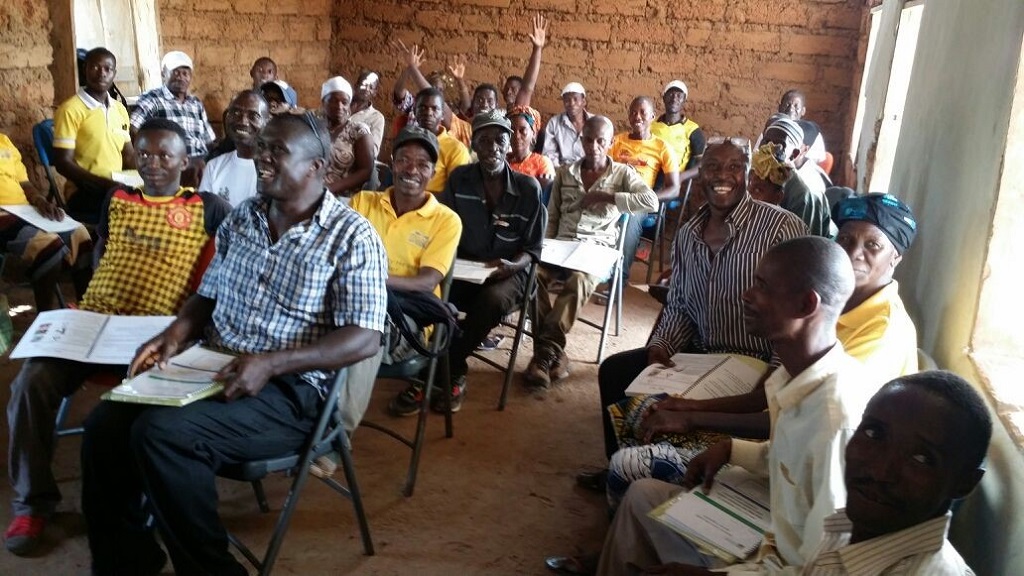This blog originally appeared on The Huffington Post.
Investing in community health workers (CHWs) results in a positive return — one as high as 10:1 when accounting for increased productivity from a healthier population, the avoidance of the high costs of health crises, and the economic impact of increased employment. There is also a strong link between community health services (CHS) and improved access to high-impact maternal, newborn and child health interventions as well as increased healthy behaviors.
In Sierra Leone, the 2016-2020 National CHW Policy seeks to expand the CHS package to all rural and urban communities, vastly increase the number of trained CHWs, and introduce many new services into the CHS package. The Policy also places greater emphasis on CHW training and regular supervision, and will increase the financial incentives for CHWs, peer supervisors, and program support personnel.
However, while we know that CHS are an important component of a strong health system – from ante- and postnatal home visits to pregnant and postpartum women, to integrated community case management for the assessment and treatment of diarrhea, malaria and pneumonia for children under-five, to referrals to higher-level care – countries like Sierra Leone need sustainable financing for community health. Covering all the program costs for the country’s 14 districts – including training, incentives, supervision and supplies – is currently supported by a range of donors: the World Bank, Global Fund, DFID, UNICEF and USAID).
However, as the program moves forward, there is a need for improved sustainability through increasing government contributions, alternative (non-donor) sources of funds, and cost savings through improved program efficiency. From a long-term sustainability perspective, government support is particularly important to help address program priorities for continued implementation. It is essential that governments develop financing pathways through year-by-year cost modeling, setting financing targets for each year by funding source, and identifying specific financing mechanisms to fulfill these targets.
Financing Alliance for Health work in Sierra Leone has included expanding and pressure testing the current costing and gap analysis, revising the draft CHW sustainability plan to include greater detailing of government contributions, and exploring cost savings opportunities and new sources of funding, such as corporate contributions and debt swabs.
The Financial Alliance is also providing the Ministry of Health and Sanitation with a return on investment model and internal and external advocacy documents that describe the short and long term economic, health and other societal benefits. This work can be extrapolated and modeled in other countries as way toward sustainable financing for community health.

